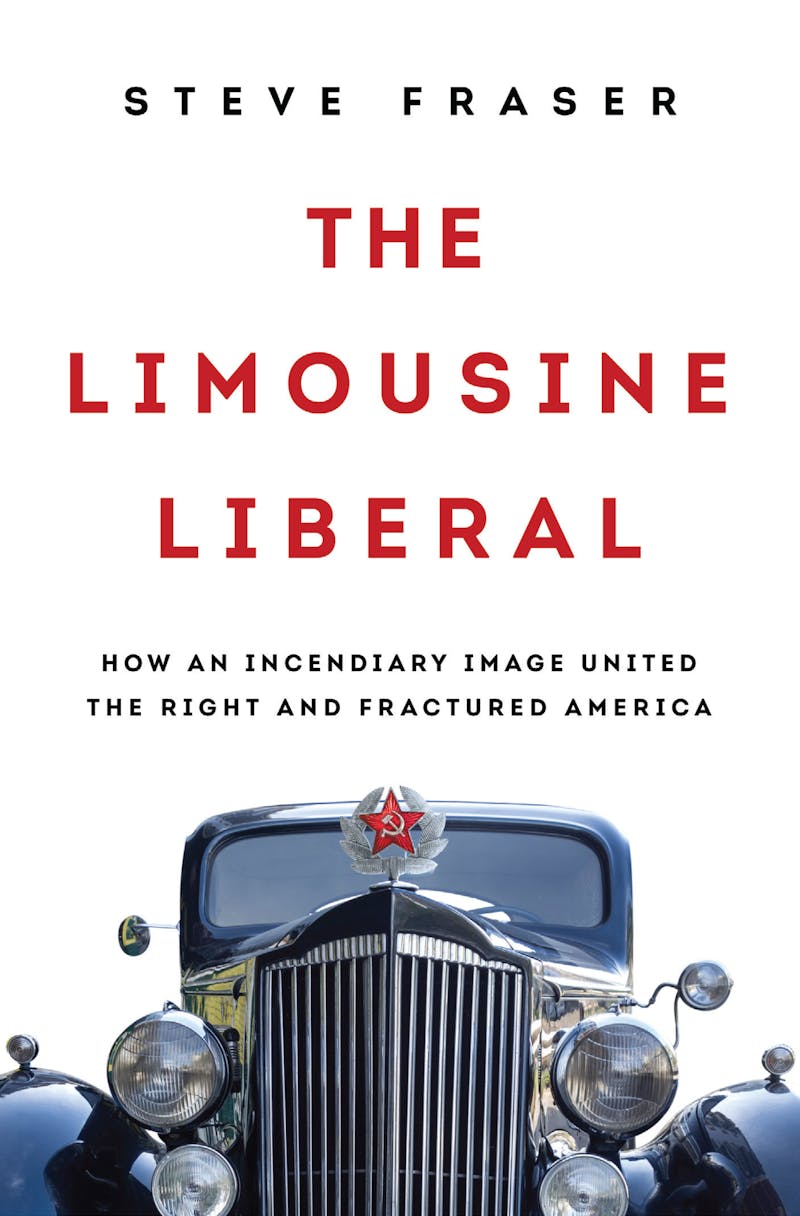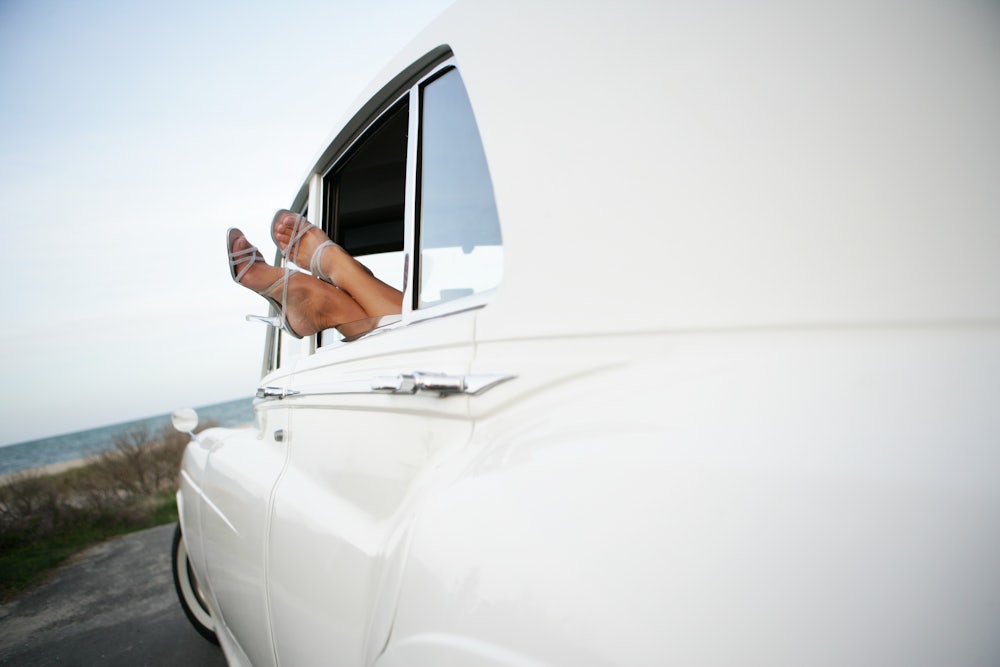Since the
late nineteenth century, the United States has been blessed with two major
religious ethics. Protestantism valued rapid economic growth and Social
Darwinist individualism but, after all the money had been made, also left us
with disinterested public service and generous philanthropy. Shaped in large
part by peasant or proletarian backgrounds in Europe, the contrasting Catholic
ethic stressed obedience, nostalgia, and nepotism, but also valued solidarity
and collective social action. The clash between these two ways of looking at
the world explains much of modern American political experience. Catholics
joined unions, supported public displays of religion, voted for urban political
machines, defended their ethnic heritage, and sent their children to parochial
schools. Protestants, especially high-church ones, pursued civil service
reform, voted for independent or fusion candidates, endorsed separation of
church and state, and took up the cause of racial minorities.

Perhaps the most dramatic contrast between these ethical outlooks occurred during the New York mayoral election of 1969. In one corner stood John V. Lindsay, central casting’s version of the do-gooder WASP, while the other was occupied by the very paradigm of outer-borough ethnicity, Mario Procaccino. Lindsay is remembered for his riot-quelling walk through Harlem. Procaccino is recalled for a phrase: Lindsay, he claimed, was a “limousine liberal,” a meddler trying to improve the lot of the poor, especially the black poor, on the backs of hardworking white folks.
Steve Fraser, the author of Every Man a Speculator: A History of Wall Street in American Life and other books on capital and labor in this country, believes that Procaccino was onto something. American history is filled with the language of right-wing populists poking fun at or stirring resentment toward upper-class liberals: The rich were, depending on the demagogue, diplomats in striped pants (Joe McCarthy); drinkers of “martinis with their little fingers up in the air” (George Wallace); a new professional class (Trotskyite-influenced neo-conservatives); and, surely the all-time champion, “the Harvard and Yale boys sent to teach our pigs birth control” (North Dakota populist William Lemke). But “limousine liberal” has one big advantage over its competitors. Hypocrisy is the charge the right loves to make against the left. “Limousine liberalism” distilled the charge into a two-word slogan: These were the folks who insisted on private schools for their children and public schools for everyone else’s, or—think of Al Gore—who lived in vast, energy-guzzling mansions while proclaiming the evils of global warming.
Fraser provides a brisk and entertaining history of limousine liberalism in all its linguistic manifestations, and his book is worth reading for that alone. Indeed, his analysis, if anything, is too prescient: Although Fraser was able to include a few words about Donald Trump in his introduction and at the end, we can be certain that the Developer of All Developers will rely on his quite vivid imagination to add new terms to the vocabulary of right-wing populism as he continues his campaign for president. The question of how certain rich and powerful people escape responsibility for their conduct by shifting the blame for whatever goes wrong to an odd alliance between those with considerable social status and those with close to none is endlessly fascinating. Class really is at the heart of American politics, just in a strikingly unusual way.
It is one thing to describe right-wing populism and another to judge it. What should we make of those who throw around the charge of limousine liberalism, as well as those at whom the charge is aimed? Is a wealthy WASP whose politics lean left to be trusted because of her admirable views or denounced because of her wealth and standing? Ought we, on the other hand, to admire those who lead the attack on the privileged because of their populism or chastise them for their racism? Fraser finds these questions difficult to answer, at least unambiguously. He seems attracted to the topic of limousine liberalism because he cannot quite make up his mind about it.
A man of the left, Fraser is not about to praise Louise Day Hicks, the fierce opponent of Boston busing, or celebrate the Tea Party activists who emerged during the Obama years. But he also retains too much sympathy for the working class to dismiss their anxieties out of hand. Fraser therefore sees much that is positive among the Archie Bunkers in the land. “For insular working-class worlds under duress, where ethnic and neighborhood ties still held, where the church, the union hall, and the tavern still anchored everyday life but felt themselves under siege, this put-down of their putative superiors was welcome recompense. It functioned as a kind of stylized gesture of resistance, and in that way was not so very different from the performance of symbolic politics by identity groups on the left.” Whatever else you might say about these reactionaries, Fraser insists, they were never comfortable with the country-club elite. The same could not be said about the New Leftist students, rebels against their prosperous parents but strikingly like them in their condescension and disdain—and soon about to take up their golf memberships.
Indeed, Fraser sounds remarkably like the neo-conservatives, with all their fulminations about the evils of the new class, when he writes about New Left activists. “They didn’t summer in the Hamptons or make truly strategic decisions for corporate America,” as he puts it, but they did possess “a meritocratic worldview and a dismissive repugnance for all those inhibitions and vestigial institutions standing in the way of individual self-empowerment and self-gratification and self-realization.” No wonder inner-city ethnic minorities look to the authorities to restore law and order. They understand that left-wing radicals are the enemies of everything they cherish. In Fraser’s world, Phyllis Schlafly comes in for measured praise, but not those supporting the Equal Rights Amendment. The latter “were simultaneously zealots for state intervention and extreme individualists who had no room in their lives for that intermediate zone of life where family and Holy Scripture prescribed social discipline and duty.” That, in case you were wondering, is Fraser talking, not Schlafly.
When Christopher Lasch expressed sentiments such as these in the 1970s, I viewed them as necessary tonics for a left that had indeed lost touch with real people. Reading Fraser’s restatement of the same critique a few decades later, it all sounds rather trite. For one thing, the rich in recent years have reverted to simply being rich: From my observations and indeed, at one point, Fraser’s as well, there are far more conservatives being driven around in limos these days than liberals. George Soros, the financier of so many liberal causes, is no longer typical of Manhattan wealth; far more representative is the hedge-fund manager Paul Singer, who supports gay rights but is otherwise Republican from top to toe. At a time when income inequality has reached scandalous levels, rarer are the privileged with a social conscience. They are making too much money to give any away, at least while they are alive enough to tend to their art collections.
Even more noticeably, the silent majority is now quite loud and the forgotten American profiled weekly. Fraser makes extensive use of “little man,” the term popularized by the German novelist Hans Fallada just as Hitler was coming to power. The first American little men attracted to right-wing populists such as Father Coughlin and Huey Long can perhaps be forgiven: Reactionary attacks on class privilege at that time were relatively new and untested. But blaming the condition of the downtrodden on those far below them has lost its freshness. Trump voters wail about their marginalization yet routinely obtain more from the political process than nearly all of the groups seeking favor from Washington; we will know when the influence of the white working class has waned at precisely the point when gun control legislation passes Congress. These are Americans who no longer require a fig leaf. They blame minorities and immigrants for their anger and are proud of it. Not for them the political correctness that, outside their fervid minds, is actually a demonstration of respect for others. Whatever damage limousine liberalism may have done, Uber conservatism is far more dangerous.
Fraser writes, with Marx lingering in mind, as if working-class voters, despite their low horizons, will someday see the truth and recognize what oppresses them. But maybe Trump supporters already feel they know the truth and, in choosing Trump, have chosen the man who most closely thinks like they do. There is no credible way to explain away or justify white male support for Donald Trump. Call his enthusiasts low-information voters, if you wish, or find reasons for their anger in corporate downsizing, but the truth is that these people are, like the politician who attracts them, motivated by bigotry. A century-long history of demonizing limousine liberals, by whatever name they are called, suggests that certain Americans are likely to support the demagogue every time; if they sometimes take positions similar to those on the left, such as opposition to free trade, it is only when their bigotry conveniently lines up alongside their progressivism.
Nor should it appear somehow odd that people of privilege support liberalism even if liberal legislation would tax them heavily or reduce their overall wealth. Liberalism, not conservatism, is the default political ideology of those whose ancestors made fortunes decades ago; tolerance and empathy require historical memory and appreciation to germinate. If Ted Cruz is right that “the Fortune 500 is running shamelessly to endorse the radical gay marriage agenda over religious liberty,” then good for the Fortune 500. I would take them over the relentlessly middle-class members of the North Carolina legislature, which seems excessively preoccupied with restroom usage, any day. The accusation that limousine liberals look down their noses at ordinary Americans pales before the fact that right-wing conservatives want to rub so many noses in the dirt.
Steve Fraser, like many on the left, tends to attack the rich and sympathize with the poor almost reflexively. Although I share those sentiments, I question whether the best way to create a more egalitarian society is for the left to continue to lodge its hopes with the less well-off, only to be disappointed when they do not act as leftists expect them to do. (The most current example is the failure of African American and Hispanic voters to support in greater numbers the more left-wing candidate, Bernie Sanders, in the 2016 Democratic primaries.) It seems to me that when one party in a two-party system is under the sway of the fanatical and the fantasists, the other party should seek as broad a coalition as possible. That will not happen when writers like Steve Fraser call wealthy do-gooders “insufferably smug and holier than thou” or “spoiled narcissists,” let alone a whole mélange of similar epithets. I like my liberals where I can find them, and if some of them, although increasingly fewer, are found in limos, I can live with that.
